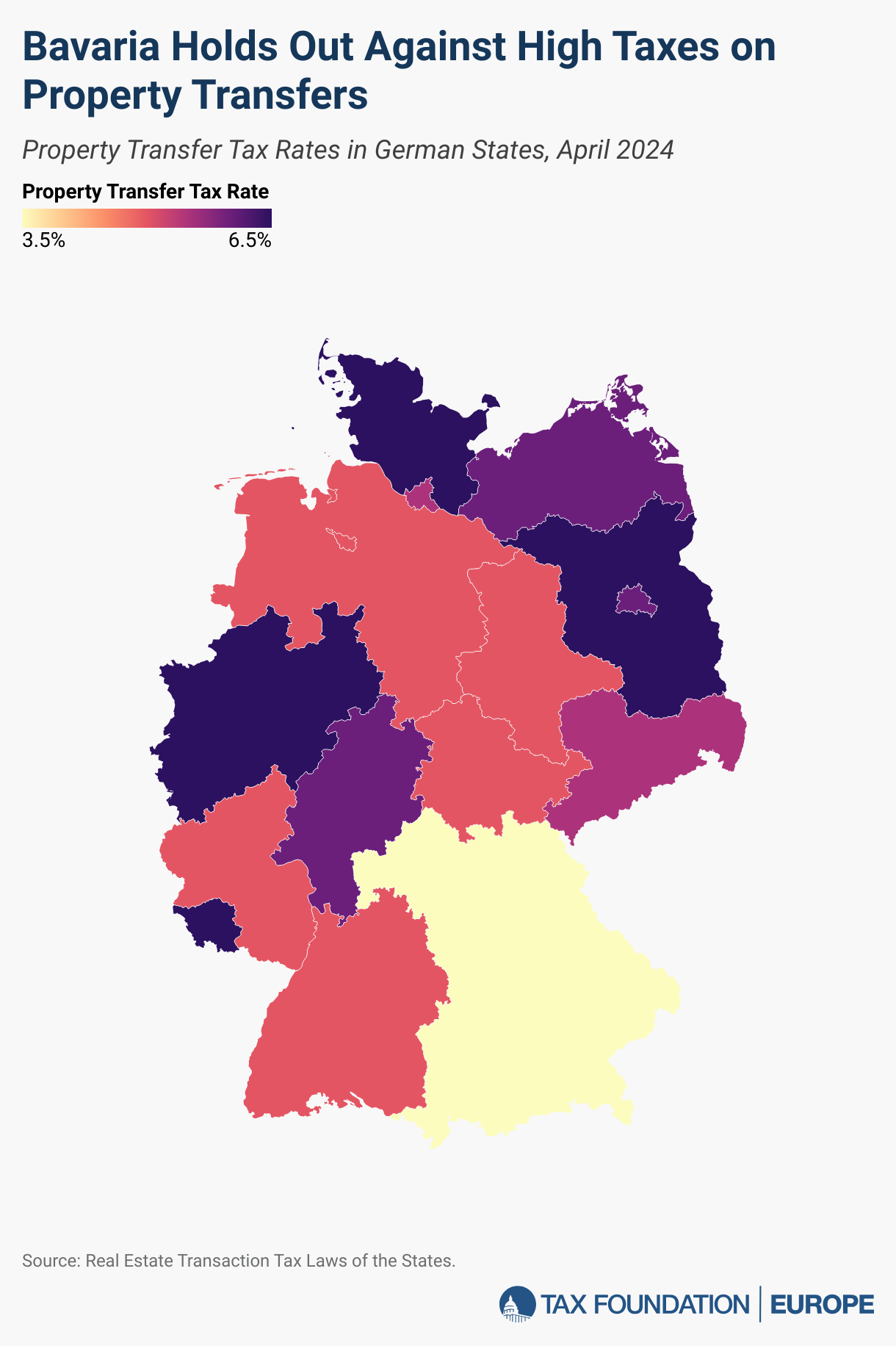
In my debut novel, a household retraces their lineage so as to be eligible for the nation’s first federal reparations program for Black People. After I was promoting my novel in 2021, it was pitched to publishers as “speculative fiction, however solely barely.” I hadn’t particularly recognized that style, however I may see the way it made sense: As much as that time, just one U.S. metropolis, Evanston, Ailing., had actually issued reparations within the type of housing grants. The concept that america may ever collectively help a nationwide reparations coverage for Black individuals appeared, properly, the stuff of fiction.
Since then, reparations process forces and commissions have been created in California, Illinois, New York and Pennsylvania. State and citywide reparations initiatives provide a singular alternative: They will have a look at particular harms perpetrated in a neighborhood, like redlining or wrongful drug convictions, and provide redress for residents and the households who lived there. In Evanston, for instance, reparations are being funded by way of income generated from a cannabis tax. In case you can show that you simply have been a Black resident of African descent between 1919 and 1969 or are the direct descendant of 1, or that you simply suffered housing discrimination associated to town’s insurance policies after 1969, then you might be eligible for a fee. As of August, town had distributed simply over $1 million, with more funding on the way in which.
However what occurs if you don’t reside in a neighborhood that pursues reparations? Slavery was a posh multistate system enabled by the federal authorities and guarded by a sweeping body of law. The identical authorities later promoted and propped up segregationist insurance policies and didn’t uphold the values of the 14th and fifteenth amendments throughout the Jim Crow South. To deal with systemic inequalities rooted in federal regulation, a federal reparations coverage is required. One city, even a number of cities, or states, can’t compensate people for what a whole nation has finished.
I made a decision to write down about reparations after researching the racial wealth gap, the statistics of which proceed to color an image of widespread systemic failure. In keeping with the Federal Reserve’s 2022 Survey of Shopper Funds, the everyday white household has about six times as much wealth as the everyday Black household, even supposing between 2019 and 2022 the everyday Black household’s wealth rose at about twice the speed of the everyday white household’s throughout the identical interval. The Black-white homeownership gap has been little modified for many years; in 2021, based on the Nationwide Affiliation of Realtors, the Black homeownership price was 44 p.c in comparison with 72.7 p.c amongst White People. White faculty graduates have over seven times the quantity of wealth as Black faculty graduates. In case you imagine the increasing wealth hole amongst Black and white People is value closing (and, pointedly, not everybody does), then it’s arduous to learn these statistics with out intuiting {that a} federal intervention should be a part of the equation.















